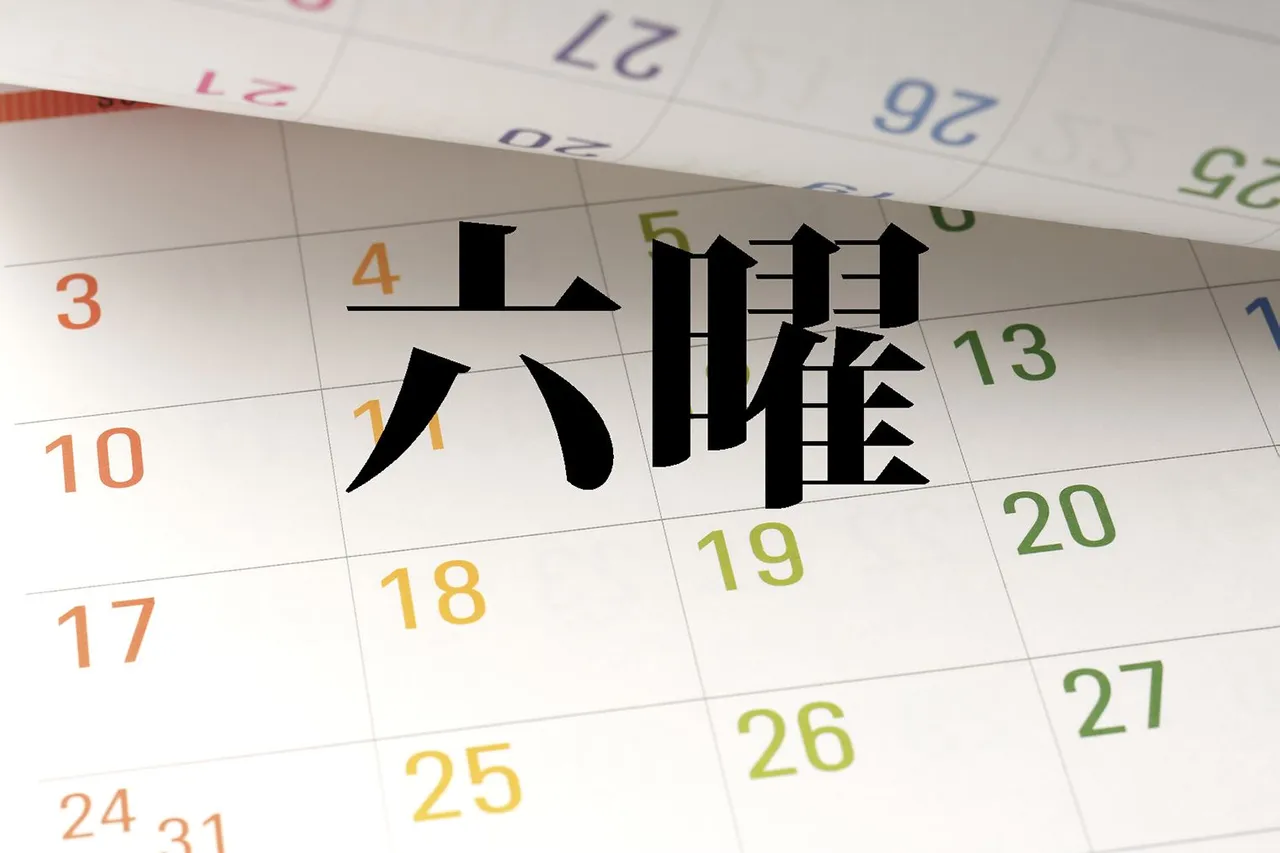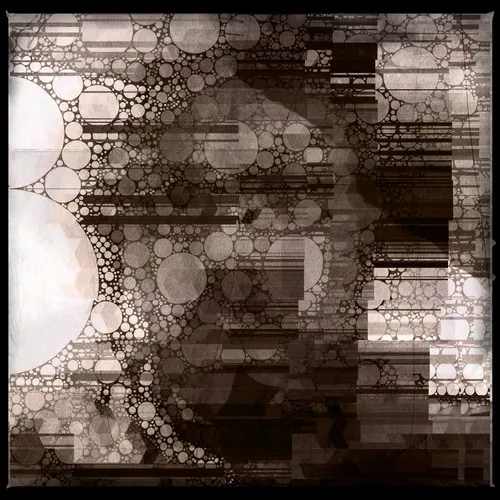Do you know the rokuyō (六曜)? I'll assume you are shaking your head no. Good! Let's dive in!

What are the Rokuyō
They are a series of six days that tell good or bad fortune. They are given on all Japanese calendars. They are mostly ignored today, but the luckiest and unluckiest days are still often used for the planning or weddings and funerals. You may also see things like special sales on the luckiest day. The days are as follows:
- Senshō (先勝): Good luck in the morning; bad in the afternoon. It's considered a good day for beginnings, but only ones started in the morning.
- Tomobiki (友引): Bad things will happen to friends. Funerals are almost always avoided on this day due to the idea that the dead might pull you with them (In tomobiki tomo means friend and biki means pull). Typically crematoriums are also closed this day.
- Senbu (先負): Bad luck in the morning; good in the afternoon.
- Butsumetsu (仏滅): Ah, now here is the unluckiest day. It symbolizes the day the Buddha died. The fortune tells us that weddings are best avoided on this day and this is followed so well that wedding halls often offer discounted prices for couples brave enough to hold weddings on day. Many Shinto shrines are also closed on this day.
- Taian (大安): By contrast, this is the luckiest day. It's considered the best for weddings (so of course has the highest prices). Often grand openings are other events are scheduled on these days. You may sometimes find special sales on these days too.
- Shakkō (赤口): The hour of the horse (11 am–1 pm) is lucky. The rest is bad luck.
The days constantly repeat in the same order, but since they are six days on a seven day calendar, it's easy to lose track of what day it is. Luckily, most Japanese calendars and planners remind us!

What's today? Today, 5/25 is Taian! Happy happy joy joy!

(But for all you poor saps who are still living in Monday, it's butsumetsu for you. I'm sorry. At least you know tomorrow will be better.)
❦
 | David LaSpina is an American photographer and translator lost in Japan, trying to capture the beauty of this country one photo at a time and searching for the perfect haiku. |